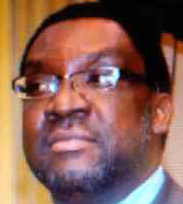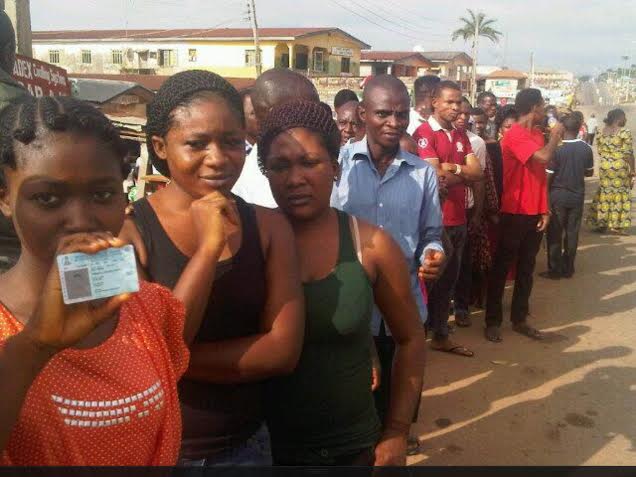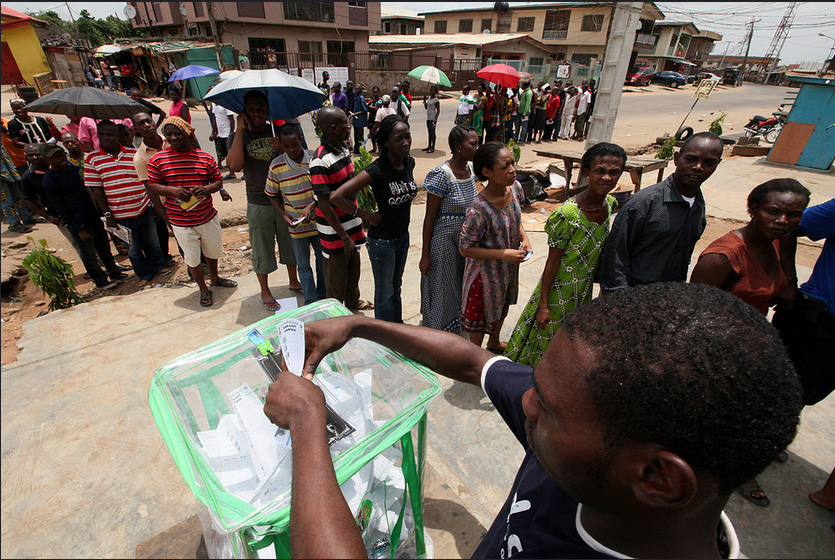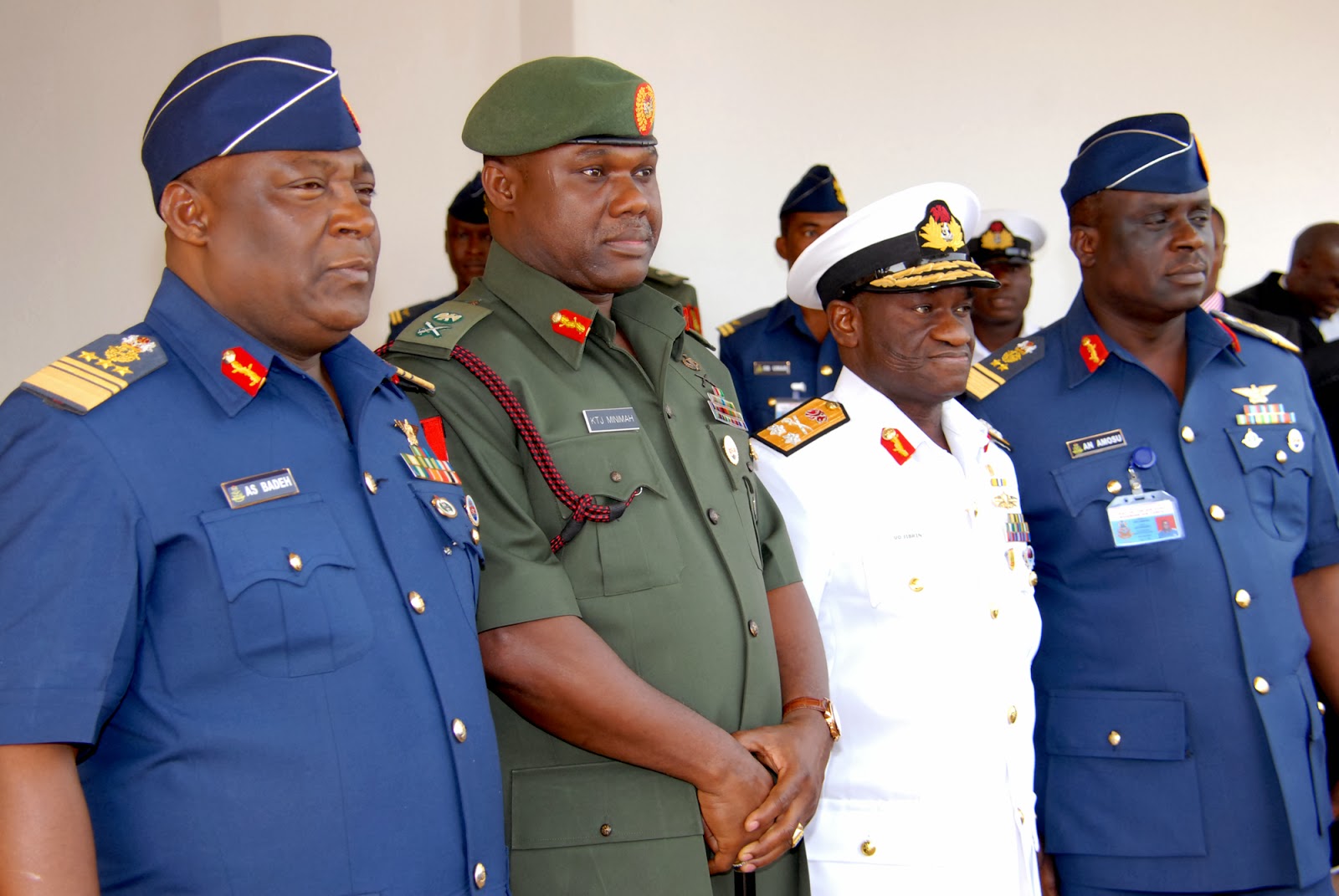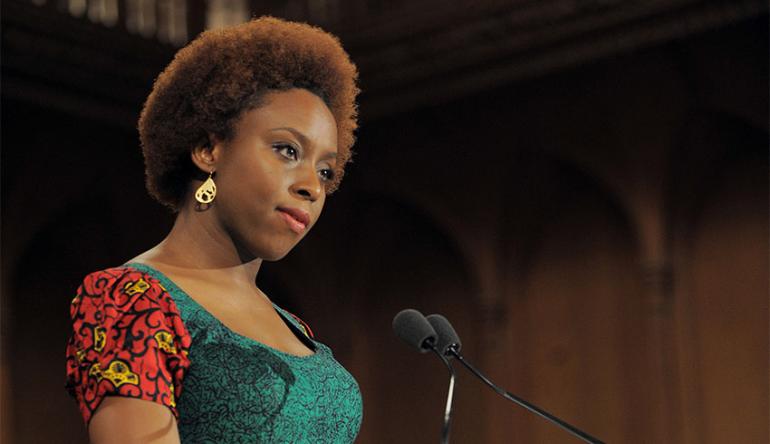If the intention of the former Governor of Central Bank of Nigeria, Prof. Charles Soludo, is to reduce the fun and entertainment that characterize the ongoing campaigns and rallies in the country, he is not succeeding.
His acerbic treatise on this month’s general polls, titled Buhari vs Jonathan: Beyond the Election, may have raised the bar of discussion and drew various degree of responses from the main political parties as indeed commentators. But it has not robbed the campaigns of colour and entertainment verve.
At each mega rally, attention is given in equal measure to the manifesto and plans of each party and to endorsements from artistes, with each party not neglecting to allow its standard bearers some space to showcase their dancing skills. While the ruling Peoples Democratic Party often loads its stage with popular Nollywood stars and musicians from the South-East and South-South geo-political zones, the All progressive Congress responds in equal measure, often parading the biggest names in the Fuji and hip-hop music scene.
So moved was APC’s presidential candidate, General Muhammadu Buhari, by the music of K1 at the Ibadan campaign rally last week that he attempted a dance. But before auzubillahi could escape from anyone’s lips, the General called himself to order, announcing that he could not recall the last time he danced in public. But his lieutenants in the race are less self-conscious, often announcing their arrivals on the podium by the pulsating sounds of Don Jazzy’s DoroBucci. Music, fun and conviviality certainly appeal to both the purveyor of the broom and the umbrella.
Advertisement
However, the carnival atmosphere at our campaigns, often at a huge cost, tends to confirm, on the one hand, the convivial, happy-go-lucky spirit of the average Nigerian. No rally appears complete, not even a street protest, without a concert-like, celebratory colouration. But it also confirms, on the other hand, the reason why a timely reminder about the weak state of our economy, and in a way the basis for our collective aspirations as a sovereign nation, should not be danced away on the altar of political exigency.
Soludo’s paper and his latest direct salvo on the Minister of Finance, Ngozi Okonjo-Iweala, falls within the class of those timely reviews and reminders about why we may not be as strong as we imagine and why our expectations ought to be put in moderate perspective.
I should quickly add that I’m not a big fan of the former CBN governor. I do not think that his attempt at the redenomination of the naira after the success of the banking consolidation was well thought-out. This issue was one of the areas where I had once engaged Soludo at a breakfast meeting on the sideline of the IMF/World Bank Autumn Meetings in 2008. There was also the aspect of the unnerving suspicion that he was aware of the bad shape of some of the banks that survived consolidation and still decided to either feign ignorance or tacitly chose to encourage their survival in a manner that could have injured the banking sector or the entire economy if his successor, Lamido Sanusi Lamido, had not had the courage to wield the big stick.
Advertisement
But Soludo’s flaws, no matter how damaging or inconsequential, should not affect the timeliness and importance of self-appraisal that his article represents. Even more important is the fact that the disagreement with some of his policies cannot be sufficient a reason to ignore his admonition on the state of our economy as Okonjo-Iweala would want people to think.
Soludo’s arguments are clear: neither Jonathan nor Buhari would be able to deliver on their promises on the economy, especially if oil prices remain below $60. The former CBN governor was on point in saying that while both parties are promising El Dorado, which is a mirage, considering current realities, they are missing the golden opportunity to sensitize the citizenry about the enormous challenges ahead and the need to mobilize them for the inevitable sacrifices they would soon be called upon to make.
Even though Business Day in his Wednesday edition has put an estimate to what it would cost each party to execute its plans, both are way above what the government can ever realize in revenue and loans. Soludo’s submission that without the dollar or naira signs to it, what the two dominant parties are presenting to Nigerians is nothing but a wish-list, becomes a food-for-thought, therefore. “They are not telling us how much each of their promises will cost and where they will get the money. None talks about the broken or near bankrupt public finance and the strategy to fix,” he says.
To be fair, Soludo did not spare either of the parties. But his submissions are not unduly harsh or unjustified. If the Federal Government is evidently wobbly in its approach to running a sustainable economy or convincing voters of its sincerity, the main opposition party ought to be presenting a well-prepared, far better alternative that is rich in figures and definitive in its promises.
Advertisement
This is a bitter but needed admonition not to jump into a pool of still water blindly. Stemming the tide of corruption in public service, reducing external debt and blocking waste may be a good way to begin a rescue measure, according to this Professor of Economics. But they are not sufficient in delivering on all the promises being made, particularly for a country whose economy rests largely on a single product. Grim as the outlook of his paper might be, he is not unmindful of the fact that radical and ingenious approach to governance, in addition to running an efficient and accountable government, will go a long way in rebuilding the fortunes of this prodigal nation that has frittered away much of its blessings.
While we should find Okonjo-Iweala’s latest response not to join issues with the former CBN governor dodgy and unacceptable, particularly from one who claims to be coordinating the economy, it is important to salute Soludo’s timely intervention on the strength that matters of the economy is not like playing ludo.
You cannot gamble through it or dance your way round it.
Advertisement
Views expressed by contributors are strictly personal and not of TheCable.
Add a comment
